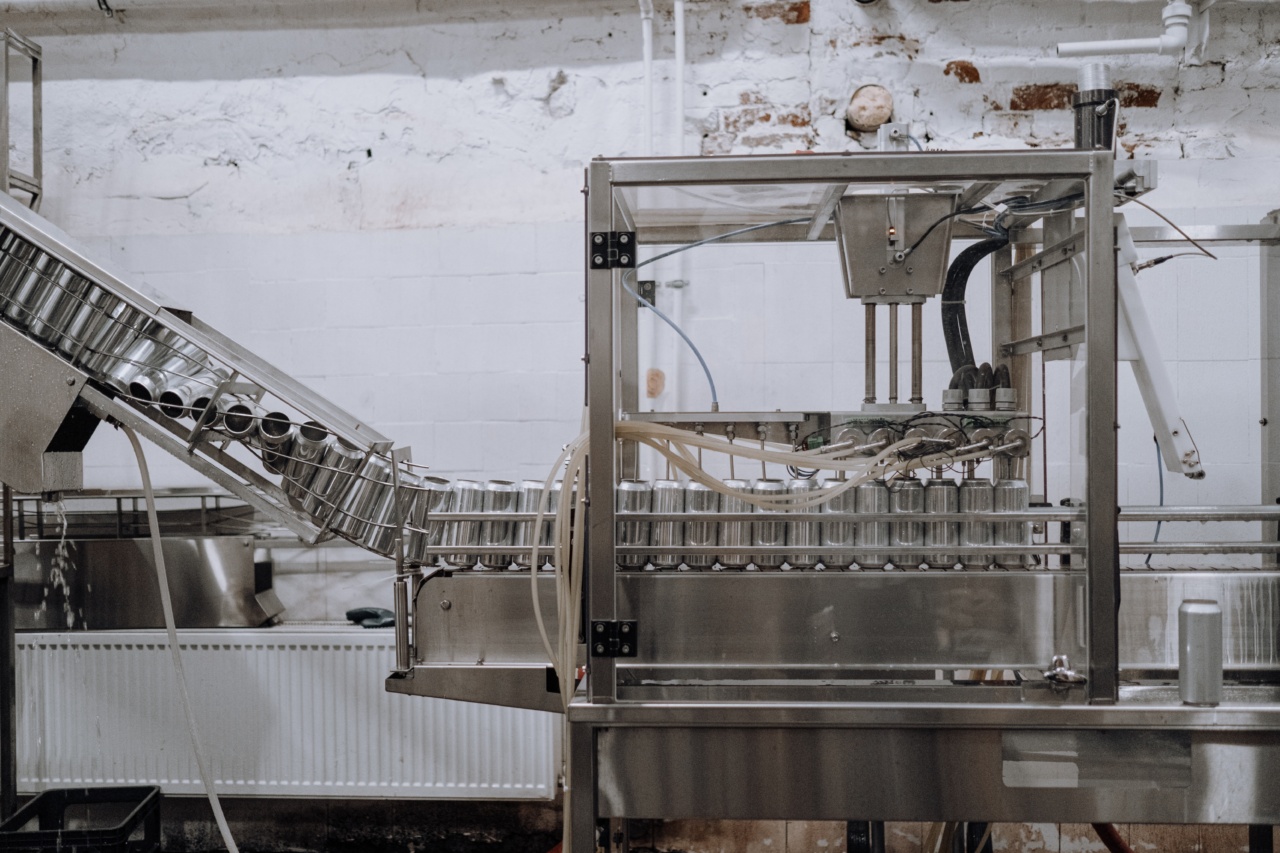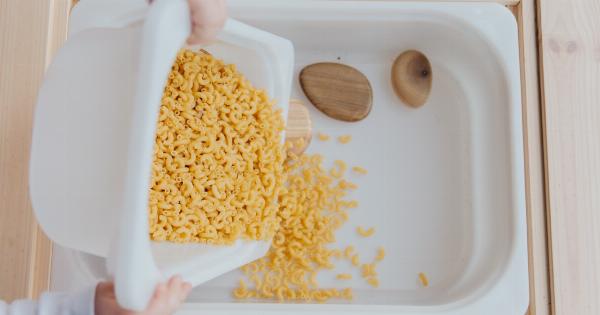Collagen is the most abundant protein in the human body and plays a crucial role in maintaining healthy skin, joints, hair, and nails.
It provides structure and elasticity to the skin, promotes tissue repair, and supports overall body strength and flexibility. As we age, however, collagen production naturally declines, leading to various signs of aging such as wrinkles, sagging skin, and joint stiffness.
Foods That Boost Collagen Production
While aging is inevitable, there are several ways to support collagen production naturally. Consuming foods that are rich in specific nutrients can help stimulate collagen synthesis in the body. These nutrients include:.
Vitamin C
Vitamin C is a powerful antioxidant that aids in collagen synthesis. It helps convert proline and lysine (amino acids) into hydroxyproline and hydroxylysine, which are essential for collagen structure.
Citrus fruits, strawberries, kiwi, bell peppers, and leafy greens are excellent sources of vitamin C.
Protein-Rich Foods
Protein is vital for collagen production as it provides amino acids necessary for its synthesis. Include lean meats, poultry, fish, eggs, legumes, and dairy products in your diet to ensure an adequate intake of protein.
Omega-3 Fatty Acids
Omega-3 fatty acids are well-known for their anti-inflammatory properties and their ability to enhance collagen production.
Add fatty fish like salmon, tuna, and sardines, as well as chia seeds, flaxseeds, and walnuts to your meals to boost collagen levels.
Antioxidant-Rich Foods
Antioxidants play a crucial role in protecting collagen from damage caused by free radicals. Colorful fruits and vegetables such as berries, tomatoes, carrots, and spinach are rich in antioxidants and should be included in your daily diet.
Limit These Foods That Can Sabotage Your Collagen Production
While consuming collagen-boosting foods is beneficial, it is equally important to be aware of certain foods that can impair collagen production. These foods include:.
Sugar
Excessive sugar consumption can lead to a process called glycation, which damages collagen fibers. When sugar molecules attach to collagen, it causes it to become weak and less elastic.
Avoid sugary treats, sodas, and processed foods to keep collagen healthy.
Refined Carbohydrates
Refined carbohydrates like white bread, pasta, and baked goods cause a rapid spike in blood sugar levels, leading to increased production of insulin.
High insulin levels can interfere with collagen synthesis and contribute to the breakdown of existing collagen. Opt for whole grains instead.
Alcohol
Excessive alcohol consumption can damage collagen and hinder its production. Alcohol also dehydrates the skin, leading to dryness and a dull complexion. Limit your alcohol intake to maintain collagen health.
Processed Meats
Processed meats contain high levels of advanced glycation end products (AGEs), which can damage collagen fibers. These products include deli meats, bacon, sausages, and hot dogs. Opt for fresh, lean meats instead.
Trans Fats
Trans fats found in fried and processed foods can increase inflammation and damage collagen. They also contribute to oxidative stress, which further accelerates collagen breakdown. Avoid foods containing hydrogenated oils or partially hydrogenated oils.
Caffeine
Excessive caffeine intake can interfere with collagen synthesis and lead to increased collagen degradation.
While moderate consumption of coffee and tea is generally fine, be cautious of consuming too much caffeine from energy drinks and excessive daily coffee consumption.
Salt
High sodium intake can cause water retention and dehydration, affecting collagen health. Water retention can lead to puffiness and swelling, while dehydration can result in dry skin.
Limit your consumption of processed foods and opt for low-sodium alternatives.
Conclusion
Collagen plays a vital role in maintaining the health and youthfulness of various tissues in our bodies.
While aging naturally reduces collagen production, we can support its synthesis by consuming foods rich in nutrients such as vitamin C, protein, omega-3 fatty acids, and antioxidants. However, it is crucial to avoid or limit foods that sabotage collagen production, such as sugar, refined carbohydrates, alcohol, processed meats, trans fats, caffeine, and excessive salt intake.
By making conscious choices about what we eat, we can promote collagen production and support overall health and wellbeing.





























